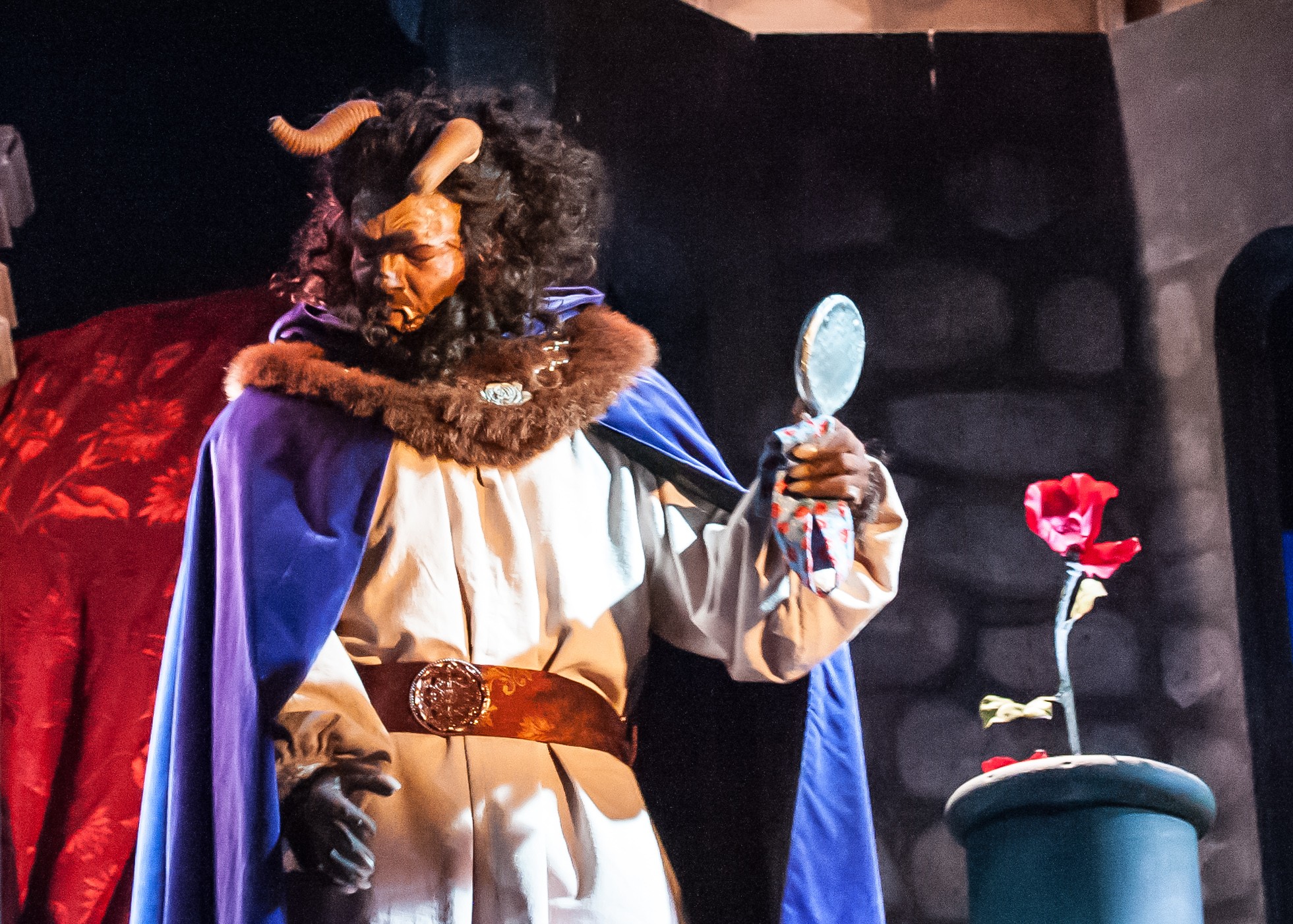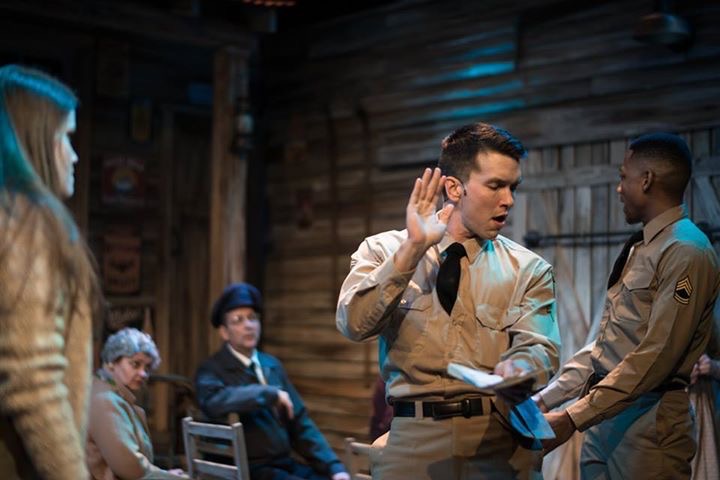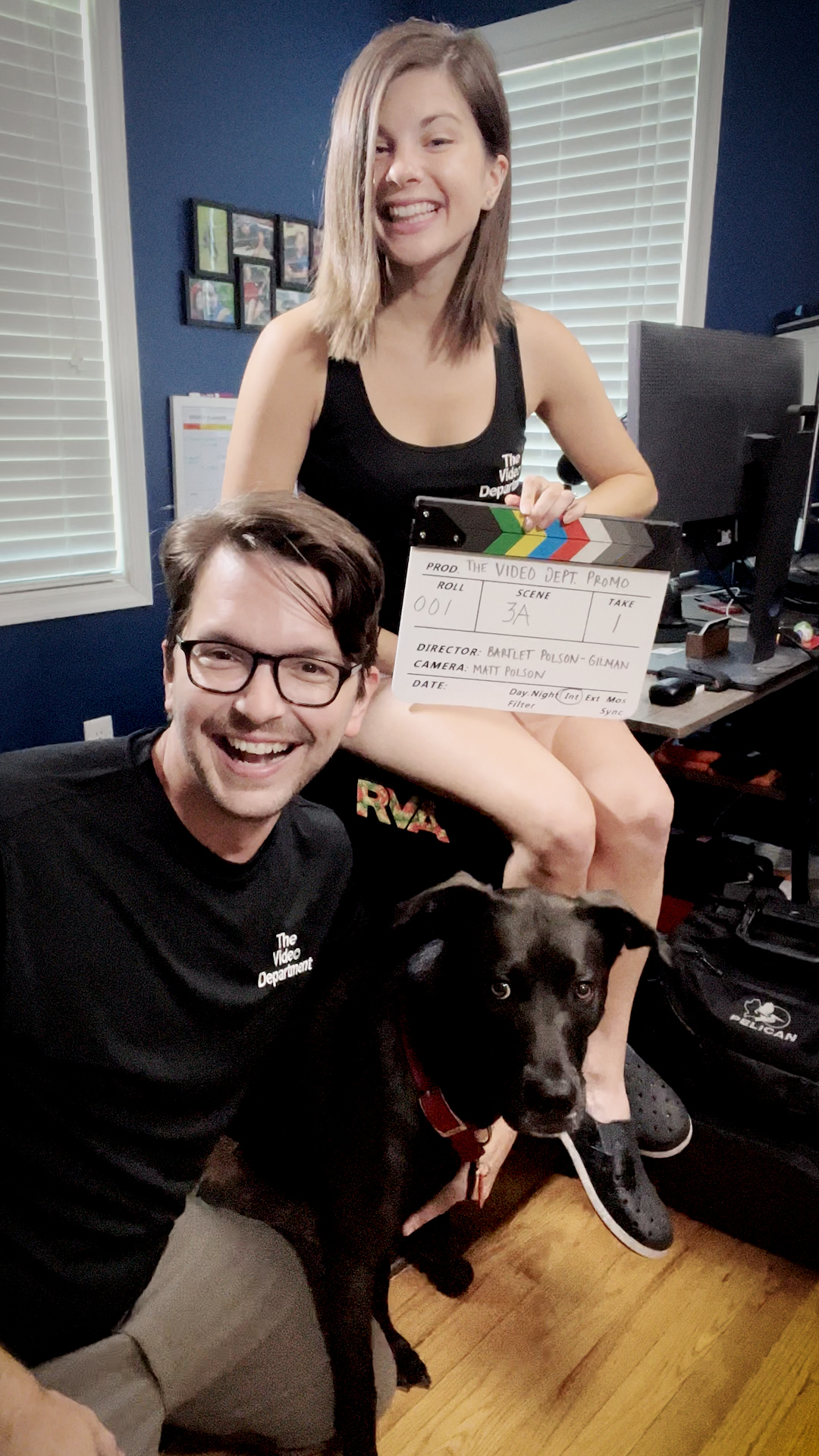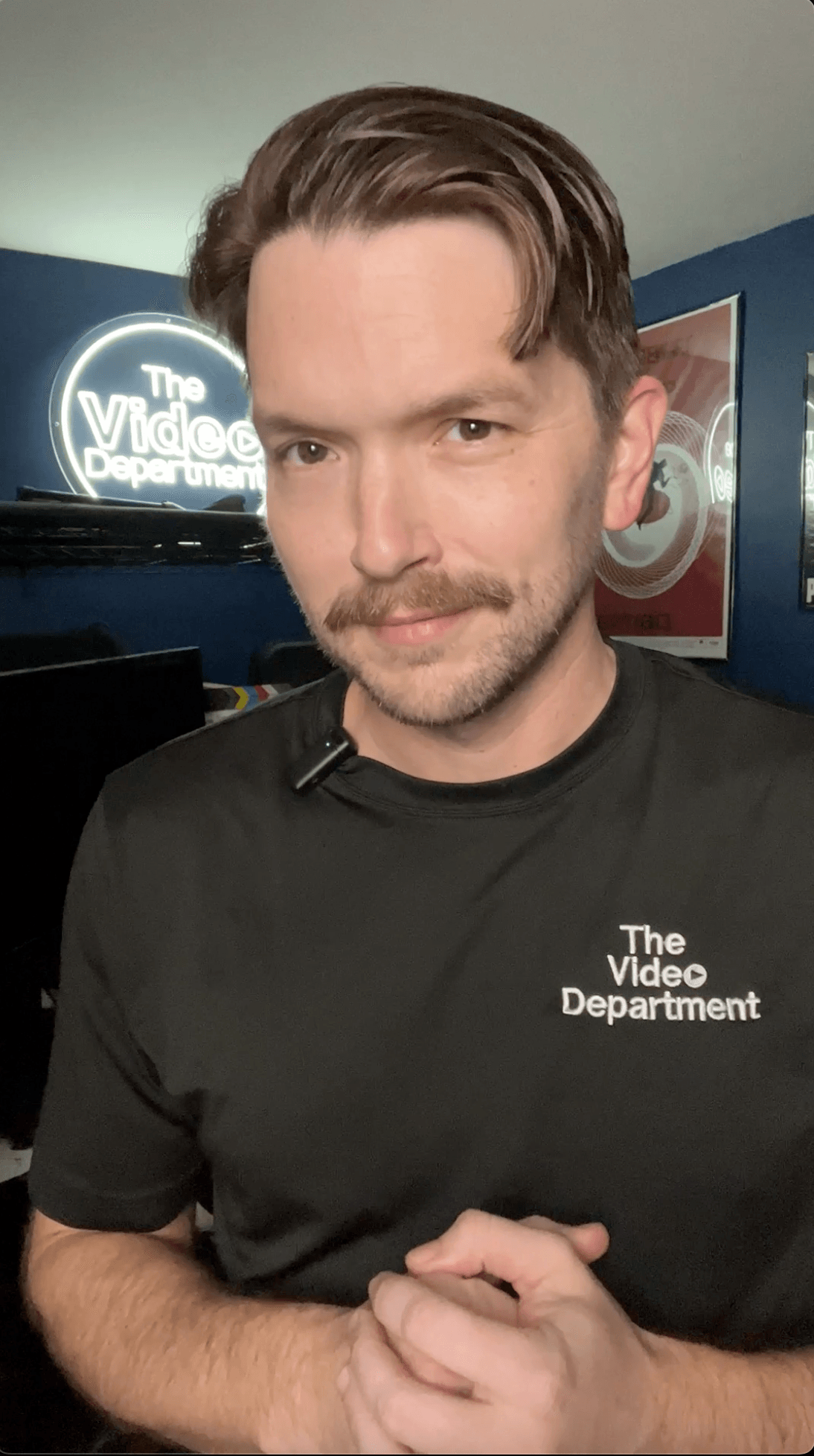Alright – so today we’ve got the honor of introducing you to Matt Polson. We think you’ll enjoy our conversation, we’ve shared it below.
Matt, thanks for taking the time to share your stories with us today Earning a full time living from one’s creative career can be incredibly difficult. Have you been able to do so and if so, can you share some of the key parts of your journey and any important advice or lessons that might help creatives who haven’t been able to yet?
Earning a living as an artist has been an intense focus of mine for over 20 years. From the time I discovered I wanted to be a filmmaker at the age of 16, to four years later when I was cast in my first professional theatre production, I was determined and confident that I could – one day – find a way to earn a full time living as an artist. That said, it was a long road, as typical regional theatre productions can pay the equivalent of minimum wage, or less.
So I decided to hone my video-making skills, and I taught myself how to edit on iMovie right around the time I started acting professionally. Cut to twenty years later and I run my own video production company, have time to pursue theatre as a hobby, and am actively involved in the arts community in Richmond.

Matt, love having you share your insights with us. Before we ask you more questions, maybe you can take a moment to introduce yourself to our readers who might have missed our earlier conversations?
When I turned 16, I drove myself to the local movie theater to see “A Knight’s Tale.” This would otherwise not be remarkable, except for the fact that I was totally alone, and during the middle of the film I realized what I want to do for the rest of my life – Hearing the mixture of iconic rock music seamlessly blended with the jousting and royal pageantry unlocked for me what the job of a Director is, and there was no turning back.
I swiftly changed from a track of athletics and law school to a track of theatre and commercial work. I didn’t know how to become a filmmaker, but I knew that if I was able to break into acting, I would be around the people who are doing what I want to do. So I did a play my senior year of high school, went to theatre school, and eventually started working semi-full time as an actor in Richmond. I’ve had plenty of odd jobs throughout the years, including many different restaurants, and I even spent a year in New York beating the pavement, standing in lines at brutal cattle calls (the industry term, not mine).
Eventually I made my way back to Richmond, spending a few years in Norfolk working for video production companies, where I discovered folks were charging upwards of $300/hour for a simple edit – and this was in 2012. I thought to myself, I could do this just as well, charge $100/hour, and earn a nice living for me and my future family.
In 2014, I started what is now The Video Department. We provide full service video production for local businesses, with a focus on quality and affordability, while also making videos that both enhance your brand and customer engagement.

What can society do to ensure an environment that’s helpful to artists and creatives?
I like this question, because the artists are a part of society – I would argue a very important part – and so I think the question deserves two answers.
First, society needs to recognize that most artists, I would argue at least 80% of artists, are unable to earn a full time living based on their craft alone. In fact, the top 1% of artists who do earn a full time living, do so incredibly well that is skews what it means to be a professional singer, actor, musician, etc. Yet how much time is spent consuming and enjoying the work artists produce? The answer is a lot, and yet the amount of systemic support that is provided is minuscule comparatively.
Second, artists have a responsibility to make art that supports the society. A great local artist shared with me a lesson he learned, that if you want to be financially successful, it may be necessary to prioritize making art that the audience wants, over just the art the artist wants to make. There’s no one way to make art an audience wants, but there is a way to analyze your environment, understand what works and what doesn’t, and make creative choices based on that information.

How about pivoting – can you share the story of a time you’ve had to pivot?
My relationship with theatre has been like Michael Corleone’s with organized crime – every time I try to leave, they pull me back in.
This happened in the years leading up to the pandemic. I was running my video business, but was receiving more and more opportunities in the theatre world. For example, in 2018 I received a call out of the blue to star alongside a Tony nominee and American Idol alum in a production. I didn’t even know that show was happening, it simply fell into my lap.
In 2020, things were still on the up, and I had the three biggest opportunities of my theatre career lined up for the year. To a theatre professional, this is the dream: to have your entire season lined up at the start of the year. Well, as many others experienced, all of that went away in an instant.
Luckily for me, at that time I was with my now wife, and I knew what to do: plant roots and invest in my video business. Since then our business has grown, my wife and I started another business that is growing, and I am still able to be involved in the theatre in a variety of different ways, even if it’s not as a performer.
Contact Info:
- Website: https://www.thevideodepartmentrva.com/
- Instagram: https://www.instagram.com/thevideodepartmentrva/
- Facebook: https://www.facebook.com/TheVideoDepartmentRVA
- Linkedin: https://www.linkedin.com/in/thevideodepartmentrva/
- Youtube: https://www.youtube.com/channel/UCTvTqtjwK3cCy83IWeyyBiw



